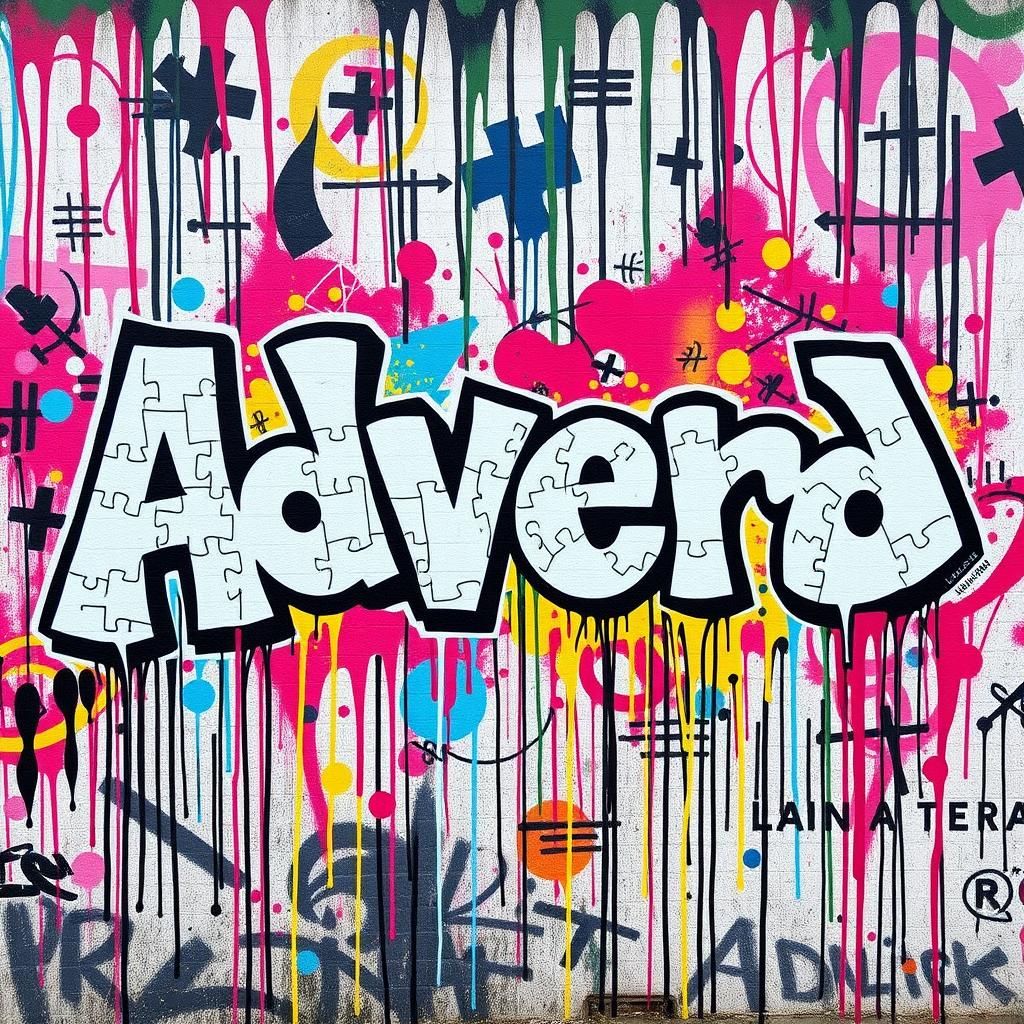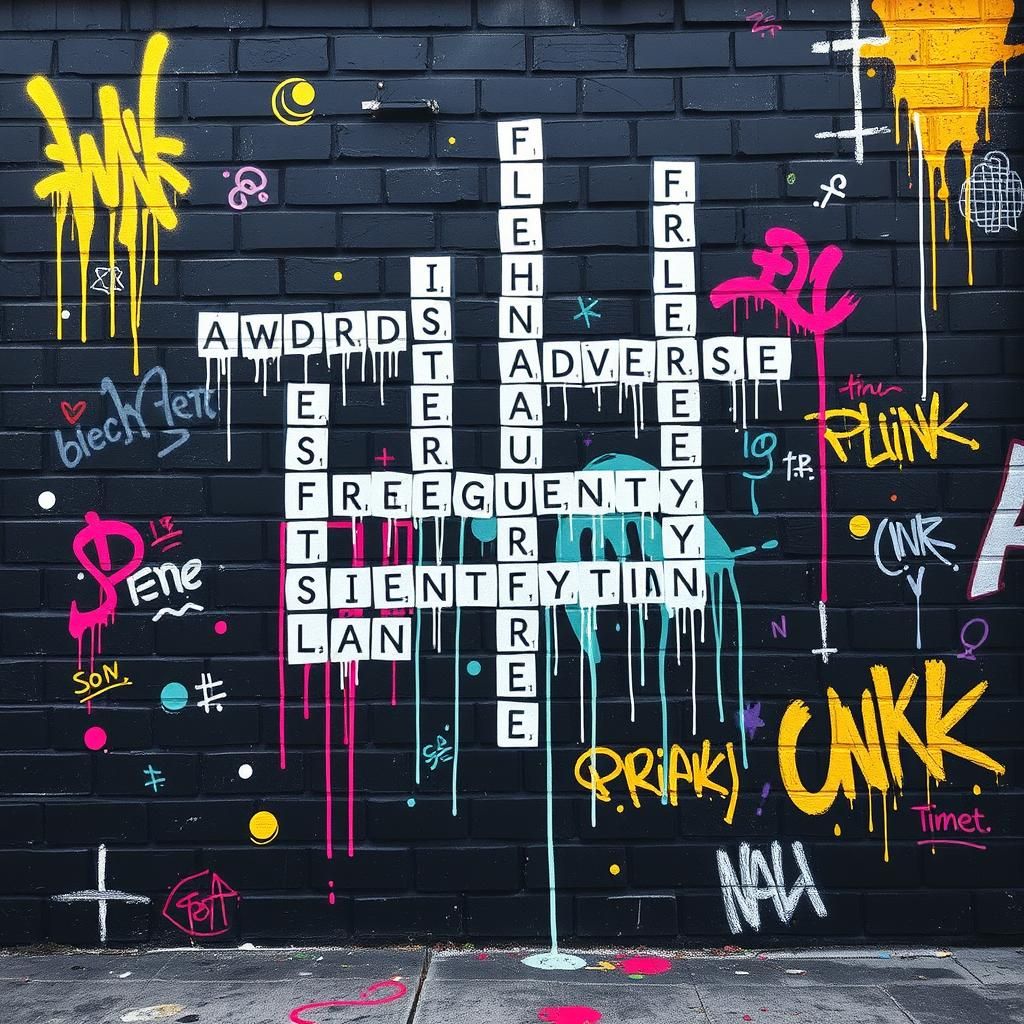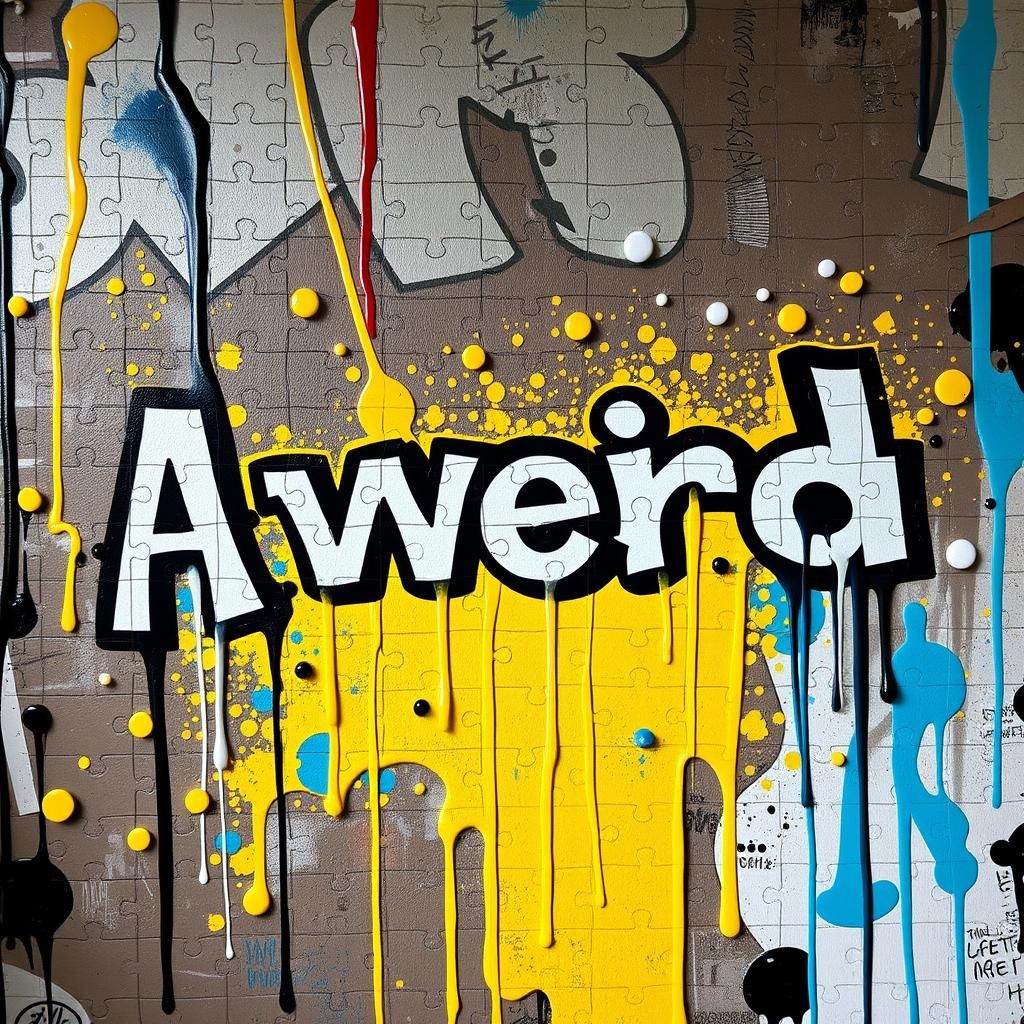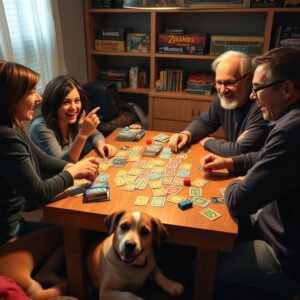
Explore & Play
Discover interesting topics and solve the accompanying crossword puzzle.
Adverb Crossword: Master Fun and Quick Learning Techniques
Table of Contents
Adverb Crossword
You can either fill in the crossword puzzle directly on this page or click the button in the bottom right corner to print it for free.
——————————————
Mastering Adverb Crosswords: Fun Ways to Learn Quickly and Effectively

Introduction
Ready to level up your word game with something fresh? Enter adverb crosswords — the slicker, smarter twist on your classic crossword hustle. Instead of just dropping random words into boxes, this puzzle drills down on adverbs: those sly little words that crank up verbs and adjectives, like quickly, happily, or slowly. Picture clues that nudge you to flex on words describing how things happen, not just what happens.
But here’s the kicker: adverb crosswords don’t play by the usual rules. They’re not just spelling drills or brain teasers; they’re quick workouts for your grammar muscles. Unlike regular crosswords that throw all kinds of words at you, these puzzles zoom in on adverbs — making learning them feel less like homework and more like a street-smart word hustle. You get to spot patterns, decode meanings, and basically own the way language moves.
So, why stick with “fast” when you can master quickly? Or go beyond “happy” and roll with happily? This is your chance to make adverbs pop off the page — because when you’ve got ’em locked down, your word game goes from meh to major league. Ready to ride this vibe? Let’s dive in.

Educational Benefits of Adverb Crossword Puzzles
Ready to level up your grammar game without the snooze? Adverb crosswords aren’t just puzzles—they’re like brain fuel for mastering the art of “how” things happen. Let’s break down why these bad boys pack serious educational power.
Reinforcing Adverb Recognition
Picture this: you’re slicing through a crossword, and every time you spot “quickly” or “happily,” your brain locks in on what makes these words tick. That’s adverb recognition on steroids. These puzzles throw adverbs right in your face, demanding you spot, categorize, and own them. It’s visual and cognitive muscle-building—no boring drills, just sharp, street-smart learning. Resource shoutout? Check out Twinkl’s adverb sets—they know how to craft puzzles that stick.
Contextual Learning Through Frequency Adverbs
Here’s a neat twist: adverbs like “always” or “never” don’t just describe how often stuff happens—they tell stories about habits and real-life rhythms. Crosswords weave these frequency adverbs into clues, so you’re not just memorizing definitions—you’re living them. Suddenly, grammar feels less like a textbook and more like your daily hustle. Ellii, formerly ESL Library, nails this approach with puzzles that ground abstract grammar in everyday vibes.
Deepening Understanding with Complex Adverbs
Not all adverbs play it simple. Words like “slowly” and “truly” carry layers—sometimes describing speed, sometimes spirit. Adverb crosswords push you to decode these shades of meaning, flipping your brain from “basic” to “next level.” You get better at spotting when an adverb changes the whole scene, sharpening cognitive skills that spill over into all your language moves. Seriously, digging into these puzzles is like mental boot camp—check out studies on PMC to see why complex adverb recognition matters.
So, in a nutshell: adverb crosswords aren’t just fun street games. They’re strategic tools, turning vocabulary and grammar into something you own, not just memorize. Ready to flex those language muscles? Let’s get puzzling.

Clarifying Common Myths About Adverbs in Crosswords
The Dual Use of “Well”
Alright, let’s bust the biggest myth lurking in the shadows of adverb crosswords: that “well” is only an adverb. Nah, it’s a double agent in the grammar game. Sometimes it’s smooth adverb vibes—like “She sings well” (meaning she sings nicely). But flip the script, and “well” can flex as an adjective too, like when you say, “I’m feeling well” (meaning you’re healthy).
This shape-shifting word loves tricking puzzle solvers who assume it’s playing one role only. When you spot “well” in a clue, take a beat: is it describing how something’s done, or the state of being? That split identity is key to unlocking the right answer.
Pro tip? When the clue hints at health or condition, think adjective. If it’s about manner or performance, adverb’s your go-to. Once you catch this switch-up, “well” puzzles stop feeling like a trap and start feeling like a boss move.
Other Frequent Misconceptions
“Adverbs always end in -ly.” Yeah, if only it were that simple. Words like “fast,” “hard,” and you guessed it, “well,” break that rule every day, causing rookie solvers to stumble. Don’t get caught sleeping on these irregulars—they’re street-smart adverbs keeping the language fresh and unpredictable.
Another classic? Thinking adverbs just modify verbs. Nope. They also tweak adjectives and other adverbs. Like “really fast” or “so happy.” In crossword clues, this means some hints aren’t straightforward action descriptions—they’re subtle vibe-shifters. Stay sharp.
Above all, question the grammar you think you know. Language rules bend and twist—especially in puzzles designed to test your edge. Own that curiosity; it’s your secret weapon to cracking adverb crosswords like a pro.

Tips for Solving Adverb Crossword Puzzles
Ready to crack that crossword code like a pro? Let’s talk strategy — no fluff, just straight-up moves that get you from stuck to solved. Adverbs aren’t always chill; sometimes they play mind games, flipping meanings depending on the vibe of the clue.
Own the multiple meanings: Take adverbs like often or truly. They’re not just about frequency or honesty — nah, they can flex in different contexts. When you see a clue, pause and ask yourself: are we talking about how frequently something happens, or how sincerely it’s done? This split-second mental check is your secret weapon.
Break it down, piece by piece: Don’t let a long clue scare you. Chop it into bite-size chunks. Identify keywords, spot what kind of adverb fits logically, then match it with what you already know in the grid. If one word stumps you, circle back and cross-reference with answers from intersecting clues. It’s like tag-team solving — your fill-in hints become your new best friends.
Build your adverb arsenal on the fly: Each puzzle is a vocab jackpot. Keep a running list of fresh adverbs you stumble on — even the weird or uncommon ones. Flip through your notes before diving into the next puzzle, and you’ll feel your puzzle-solving game level up overnight. Plus, every new word is a power-up for your everyday convo skills.
Bottom line? Treat these crosswords like you’re decoding street signs on a night out: quick, sharp, and with eyes wide open. That little edge will have you buzzing through clues, schooling the puzzle, and flexing that grammar muscle like a boss. Ready to own it? Let’s get those adverbs! 🔥

Game-Based Learning Approaches for Kids
Ready to turn adverb crosswords into straight-up playtime fire? Kids learn best when they’re vibing with the fun—no boring drills here. Think puzzles loaded with adverbs like happily, slowly, or quickly but wrapped up in a game that grabs their attention and won’t let go.
First up, toss these puzzles into educational games that feel more like a challenge and less like homework. Picture kids racing against the clock to find the right adverb or teaming up to crack clues as a squad. This mix keeps grammar fresh and gets those little brains moving because when learning hits the game zone, it sticks.
Flip it further with activities that blend puzzles and play. Try group competitions where each correct adverb scores points or timed rounds that pump up the pressure just right. Or better yet, mix storytelling—let kids act out adverbs like slowly tiptoeing or happily dancing to own the word beyond the page. Multisensory learning? Check. Memory boosted? Double check.
And don’t sleep on consistency. Daily or weekly crossword challenges keep the momentum alive. Even better, customize puzzles based on skill—start easy, then level up. This way, every kid stays in the sweet spot between challenge and fun.
Game-based learning with adverb crosswords isn’t just a hack; it’s the ultimate combo to make grammar less “meh” and way more “heck yeah!” So gear up, bring the puzzles, and watch those adverbs come to life on every corner of the playground.

Alright, squad — let’s wrap this up with a quick, no-nonsense hit. Adverb crossword puzzles aren’t just brain candy; they’re legit turbochargers for your language game. By locking in those tricky little words like “quickly,” “always,” and “truly,” you’re not just memorizing vocab — you’re rewiring how your brain spots meaning, context, and rhythm in sentences.
The best part? These puzzles turn grammar from boring drill into street-smart strategy. You play, you learn, you win. Slap a daily or weekly adverb crossword challenge on your schedule and watch your skills level up without that usual slog. Trust me, once you start seeing “slowly” or “well” from all angles, you’ll flex confidence not just in crosswords, but in real talk and writing, too.
So here’s the call to action: grab a crossword, set a timer, and dive in. Challenge your crew. Mix it with some storytelling or rapid-fire acting out of adverbs. Keep it fresh, keep it fun — because when learning feels like the ultimate street game, that’s when you own it. Ready to make every word count? Let’s go! 🔥
Share to...
I hope you enjoy the content.
Want to receive our daily crossword puzzle or article? Subscribe!
You may also be interested in
Share to…
Want to receive our daily crossword puzzle?
-
Jigsaw Puzzles
Cat & Sunset Wooden Jigsaw Puzzle 250 | 300 | 500 Pieces
kr 348,00 – kr 439,00Price range: kr 348,00 through kr 439,00 Select options This product has multiple variants. The options may be chosen on the product page -
Jigsaw Puzzles
Majestic Unicorn Watercolor Puzzle 250 | 300 | 500 Brikker
kr 348,00 – kr 439,00Price range: kr 348,00 through kr 439,00 Select options This product has multiple variants. The options may be chosen on the product page -
Jigsaw Puzzles
Bryggen Waterfront Puzzle: Vibrant Bergen Scene 250 | 300 | 500 Pieces
kr 348,00 – kr 439,00Price range: kr 348,00 through kr 439,00 Select options This product has multiple variants. The options may be chosen on the product page

















